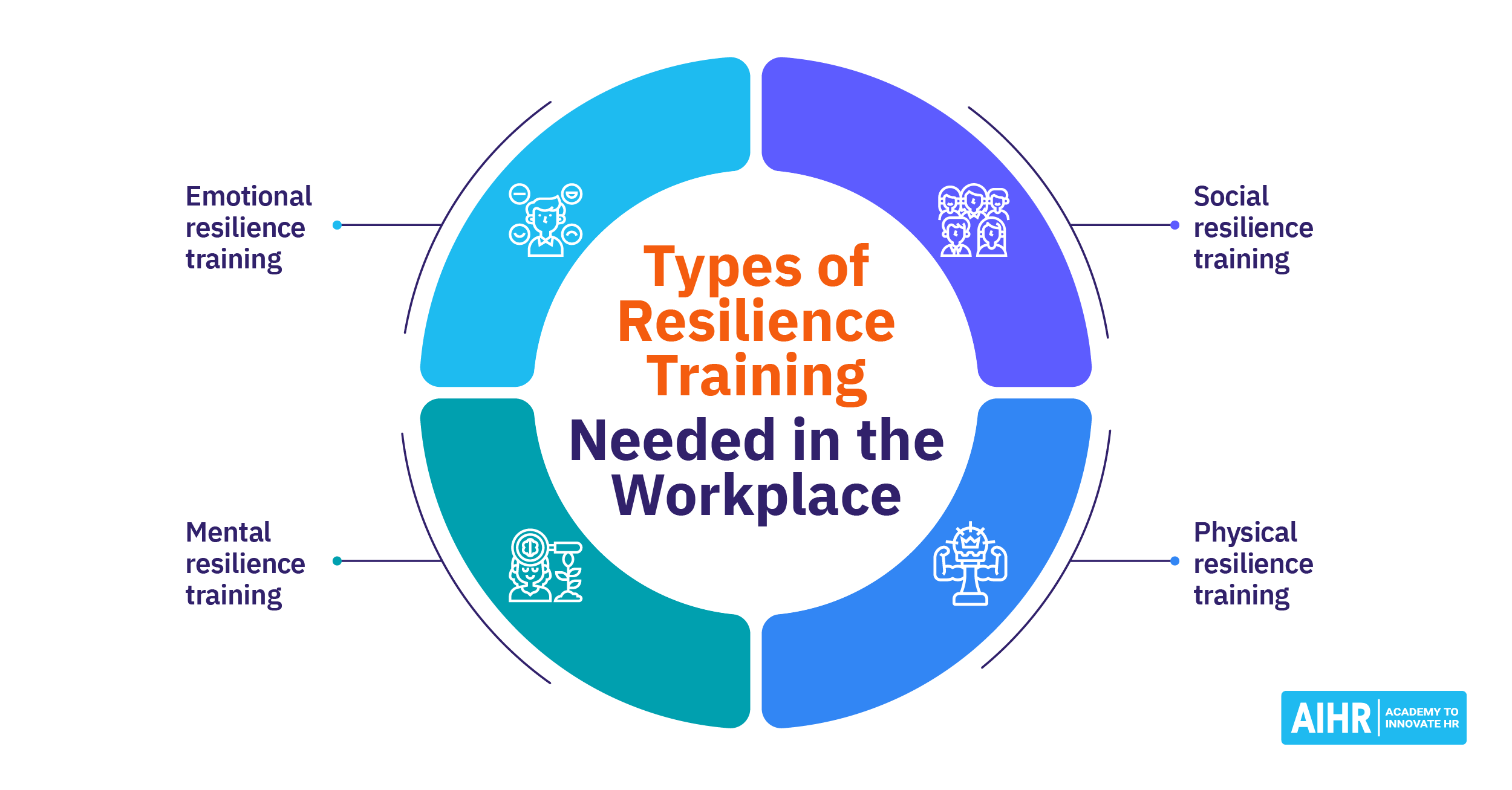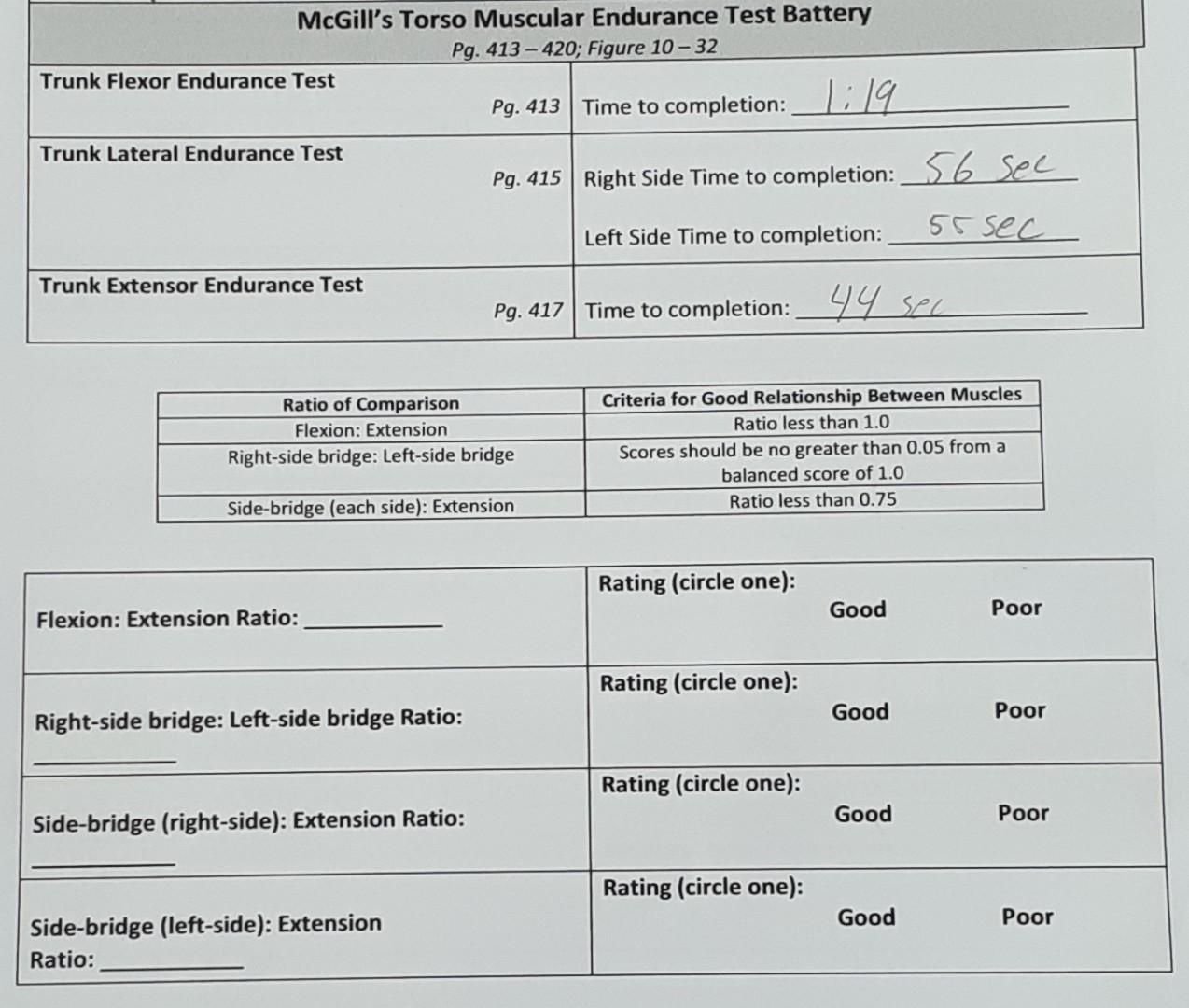Resilience & Mental Health: Building Strength, Not Bitterness

Table of Contents
Understanding Resilience and its Importance for Mental Well-being
Resilience is often misunderstood. It's not about avoiding hardship or remaining unaffected by challenges; it's about the ability to adapt and overcome adversity, bouncing back from setbacks and maintaining your mental well-being. Emotional resilience, mental toughness, and psychological resilience are all aspects of this crucial life skill. The difference between simply enduring hardship and truly thriving through it lies in the development of strong resilience. Enduring hardship often leaves individuals feeling depleted, while resilience empowers them to emerge stronger and more adaptable.
- Resilience is not the absence of setbacks, but the ability to adapt and overcome them. Life will always present challenges; resilience is about your response to those challenges.
- Strong resilience fosters a positive mental outlook even during difficult times. It allows you to maintain hope and optimism even when facing seemingly insurmountable obstacles.
- Resilience protects against mental health issues like anxiety and depression. By equipping you with coping mechanisms and a positive mindset, it acts as a buffer against the negative impacts of stress.
- Building resilience is a proactive process, not a reactive one. It's about cultivating strength and adaptability before facing significant challenges, making you better prepared to handle whatever life throws your way.
Practical Strategies for Building Resilience
Building resilience is a journey, not a destination. It requires conscious effort and the implementation of practical strategies. This section will explore actionable steps you can take to enhance your resilience and navigate stressful situations more effectively.
Cultivating a Positive Mindset
A positive mindset is a cornerstone of resilience. Positive self-talk, gratitude practices, and reframing negative thoughts are powerful tools in building mental strength.
- Practice daily affirmations. Start your day by repeating positive statements about yourself and your abilities.
- Keep a gratitude journal. Regularly writing down things you're grateful for helps shift your focus to the positive aspects of your life.
- Challenge negative thought patterns. When negative thoughts arise, actively question their validity and replace them with more balanced and realistic perspectives. This cognitive restructuring is a key element of stress resilience.
Developing Strong Coping Mechanisms
Developing healthy coping mechanisms is vital for managing stress and building resilience. These mechanisms provide you with tools to navigate difficult situations without succumbing to negativity or despair.
- Incorporate regular physical activity into your routine. Exercise releases endorphins, which have mood-boosting effects and help reduce stress.
- Practice mindfulness and meditation techniques. These practices help you focus on the present moment, reducing anxiety and promoting a sense of calm.
- Engage in activities that bring you joy and relaxation. Make time for hobbies, spending time in nature, or pursuing other activities that help you de-stress and recharge.
- Seek professional guidance when needed. Don't hesitate to reach out to a therapist or counselor if you're struggling to manage stress or develop healthy coping mechanisms.
Building a Strong Support System
Social connection is a critical component of resilience. Having a strong support system—friends, family, or a supportive community—can significantly impact your ability to navigate challenges.
- Nurture your relationships with loved ones. Invest time in maintaining strong bonds with people who care about you and provide emotional support.
- Join support groups or communities. Connecting with others who share similar experiences can provide validation, encouragement, and a sense of belonging.
- Don't hesitate to seek professional help from a therapist or counselor. A mental health professional can provide guidance, support, and tools to help you build resilience and cope with mental health challenges.
Recognizing and Addressing Mental Health Challenges
Resilience and mental health are intricately linked. While resilience helps buffer against mental health issues, it's crucial to recognize when professional help is needed. Ignoring mental health challenges can hinder your ability to build resilience and lead to more significant problems.
- Recognize the symptoms of anxiety and depression. Learn to identify the signs and symptoms of common mental health conditions to seek help early.
- Understand the importance of seeking professional help. Seeking professional support is a sign of strength, not weakness. Therapy and other mental health interventions can provide valuable tools and support for managing challenges.
- Learn about different types of mental health professionals and treatments. There are various professionals, including therapists, counselors, and psychiatrists, who can offer different types of support and treatment.
- Discuss the stigma surrounding mental health and encourage help-seeking. Openly discussing mental health reduces stigma and encourages others to seek help when they need it.
Conclusion
Building resilience is a crucial aspect of maintaining good mental health and navigating life's inevitable challenges. By cultivating a positive mindset, developing healthy coping mechanisms, and building a strong support system, you can transform adversity into strength. Remember that seeking professional help is a sign of strength, not weakness.
Start building your resilience today! Take small steps to cultivate a more positive mindset, explore healthy coping strategies, and prioritize your mental health. Learn more about building resilience and improving your mental well-being by exploring additional resources [link to relevant resources]. Remember, building resilience isn't about avoiding hardship, but about building the strength to overcome it and emerge stronger. Prioritize your mental health and strengthen your resilience – you deserve it.

Featured Posts
-
 Across Australia On Foot A Britons Endurance Test
May 21, 2025
Across Australia On Foot A Britons Endurance Test
May 21, 2025 -
 Appeal Launched Against Sentence For Racial Hatred Tweet By Ex Councillors Wife
May 21, 2025
Appeal Launched Against Sentence For Racial Hatred Tweet By Ex Councillors Wife
May 21, 2025 -
 Appeal Pending Ex Tory Councillors Wife Faces Court Over Racist Tweet
May 21, 2025
Appeal Pending Ex Tory Councillors Wife Faces Court Over Racist Tweet
May 21, 2025 -
 Abn Amro Aex Koers Stijgt Na Positieve Kwartaalresultaten
May 21, 2025
Abn Amro Aex Koers Stijgt Na Positieve Kwartaalresultaten
May 21, 2025 -
 Skin Bleaching Self Love And The Story Of Vybz Kartel
May 21, 2025
Skin Bleaching Self Love And The Story Of Vybz Kartel
May 21, 2025
Latest Posts
-
 The Role Of Alisson Becker In Liverpools Win Over Psg Arne Slots Insight
May 22, 2025
The Role Of Alisson Becker In Liverpools Win Over Psg Arne Slots Insight
May 22, 2025 -
 Within The Sound Perimeter Music And Social Cohesion
May 22, 2025
Within The Sound Perimeter Music And Social Cohesion
May 22, 2025 -
 Did Luck Favor Liverpool Against Psg Arne Slots View On Alisson And The Match
May 22, 2025
Did Luck Favor Liverpool Against Psg Arne Slots View On Alisson And The Match
May 22, 2025 -
 Musics Unifying Force Defining The Sound Perimeter
May 22, 2025
Musics Unifying Force Defining The Sound Perimeter
May 22, 2025 -
 Analyzing Liverpools Win Against Psg Arne Slots Take On Alissons Performance
May 22, 2025
Analyzing Liverpools Win Against Psg Arne Slots Take On Alissons Performance
May 22, 2025
